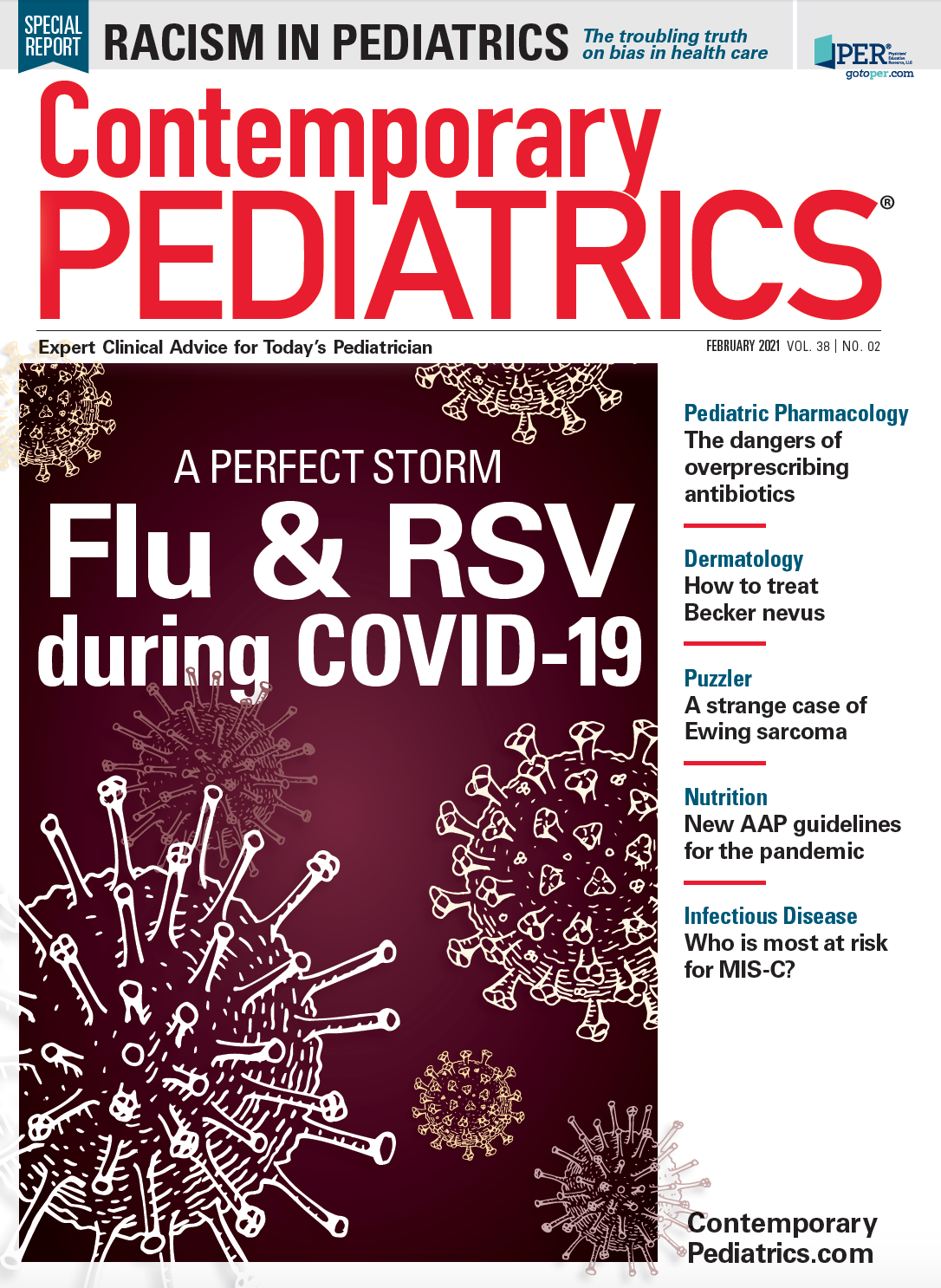Metered-dose inhalers are favored delivery method for asthma exacerbations
A study examines the efficacy of treating asthma with albuterol administered with metered-dose inhalers.
Asthma exacerbations treated with albuterol using metered-dose inhalers with a spacer (MDI+S) are associated with a significant reduction in the pulmonary index score (PIS) and a significantly smaller increase in heart rate (HR) compared with exacerbations treated with albuterol delivered via nebulization (NEB), according to updated findings from a previously published systematic review and meta-analysis.
The review included 15 studies (3 of which had been conducted since the earlier meta-analysis), comprising 2057 patients aged younger than 18 years with acute wheezing or asthma exacerbations managed either in the emergency department or as an inpatient. The studies were performed in the United States, Thailand, Canada, and other countries, and most included children aged younger than 5 years. The studies administered albuterol at different intervals. When NEB was used, 0.15 mg/kg was the most common dosage, usually delivered with a jet nebulizer. For albuterol delivered through MDI+S, doses ranged from 600 mcg in a single dose to cumulative doses of up to 3000 mcg. Commercial spacers with volumes ranging from 140 to 750 ml were chosen most often.
The 2 albuterol delivery methods showed no significant differences in rates of hospital admission, which 8 studies reported. Three studies reported PIS scores, which were significantly reduced with MDI+S compared with NEB. No significant differences were found between the 2 albuterol delivery methods with regard to changes in arterial oxygen saturation (or, SaO2), which 6 studies reported. Analysis also showed a significantly smaller increase in HR when albuterol was delivered through MDI+S versus NEB. The 2 methods were similar with regard to adverse effects, primarily nausea.
Investigators noted that this review supports and builds on previous recommendations that MDI+S is the delivery mode of choice for albuterol in most pediatric patients with asthma exacerbations. They added that these results favor the use of MDI+S during the coronavirus disease 2019 pandemic, given that NEB produces aerosolization of particles that may spread the virus.1
Thoughts from Dr. Farber
Many physicians still prefer to use nebulizers, presumably because “machines” are more effective. They aren’t. Spacers are portable, more convenient, less scary (not as much noise), and take less time to administer. They should also be the delivery method of choice for your private practice patients.
Reference
- Payares-Salamanca L, Contreras-Arrieta S, Florez-García V, et al. Metered-dose inhalers versus nebulization for the delivery of albuterol for acute exacerbation of wheezing or asthma in children: A systematic review with meta-analysis. Pediatr Pulmonol. 2020;55(12):3268-3278.doi:10.1002/ppul.25077

Newsletter
Access practical, evidence-based guidance to support better care for our youngest patients. Join our email list for the latest clinical updates.
Having "the talk" with teen patients
June 17th 2022A visit with a pediatric clinician is an ideal time to ensure that a teenager knows the correct information, has the opportunity to make certain contraceptive choices, and instill the knowledge that the pediatric office is a safe place to come for help.